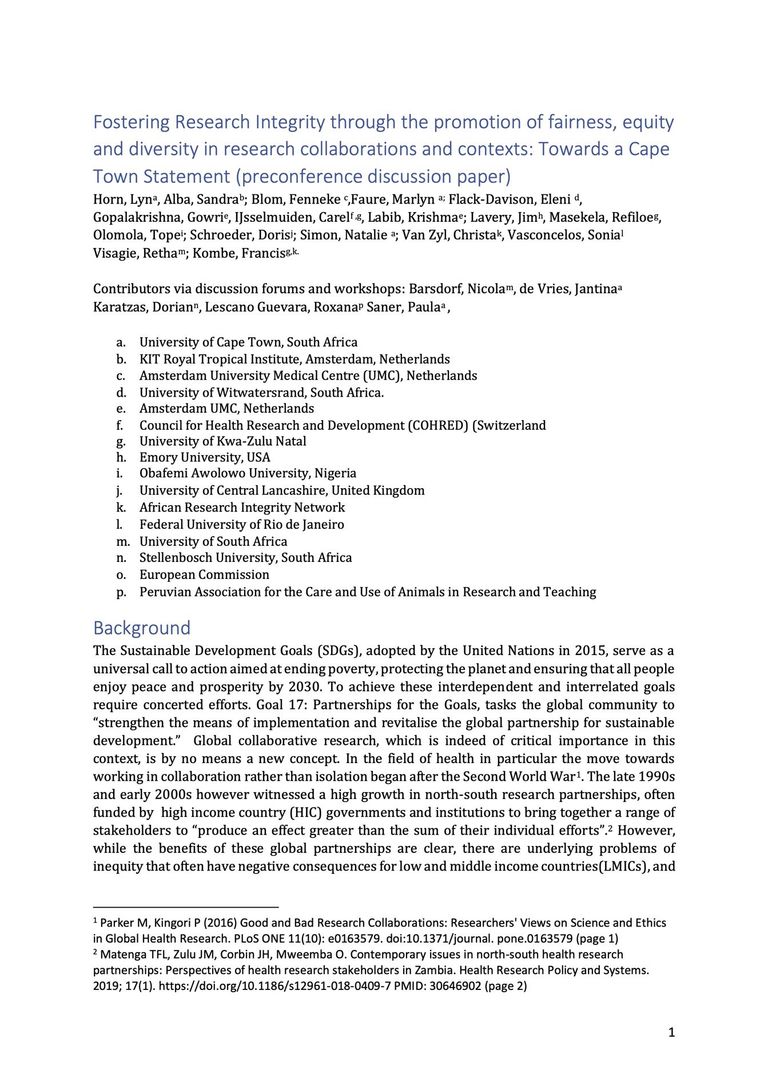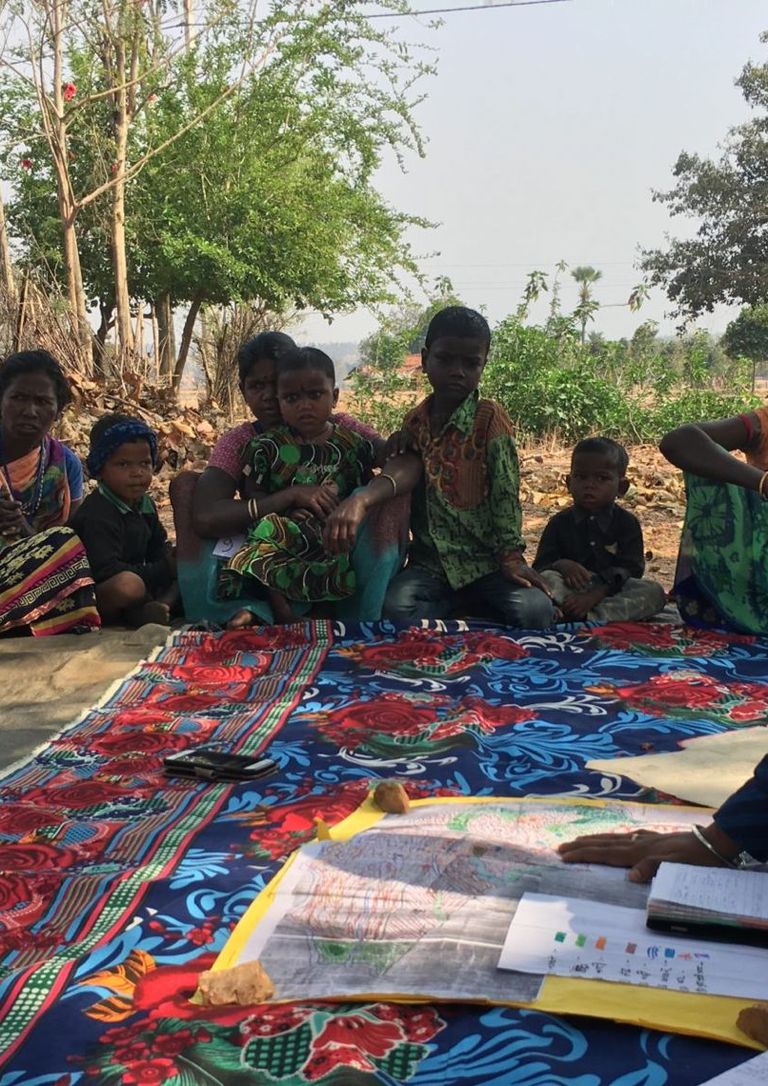Ethics in Development Research
With this project, an interdisciplinary team of researchers aims to shed light on the dynamics and scope of ethical challenges as they pertain to research staff collecting data in low- and middle-income countries.
Conducting field research in low- and middle-income countries is marked by a range of ethical complexities. Research projects often operate on constrained budgets and timelines and may therefore have a limited capacity to adequately respond to these issues.
A broad body of literature addresses ethical challenges as they pertain to study participants. Existing ethical guidelines and institutional ethics boards therefore ascribe great importance to ensuring participants' safety and wellbeing.
While we strongly acknowledge the importance of considering the wellbeing of study populations, the key argument put forth in this research project is that ethical issues may also affect the involved research staff, which includes local and international staff on all hierarchical levels. Beyond some degree of anecdotal evidence, these experiences have to date not been collated in a systematic way.
We aim to address this gap in international development research by conducting a systematic review, qualitative interviews, a quantitative survey, as well as a comprehensive review of existing ethical guidelines for field research in the Global South. This collaborative project will run from 2019 to 2023 and is financed by the Joachim Herz Stiftung.
Learn more about the project at their website and find interessting blog posts on the Ethics of Studying Africa in Democracy in Africa.




